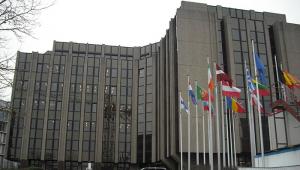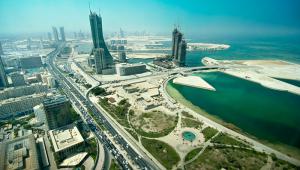“Huge investment” was needed as little money flowed into the infrastructure sectors of the members of the Association of Southeast Asian Nations, Diwakar Gupta, the Asian Development Bank’ vice president for private sector and co-financing operations has said.
“You have 400 million lacking electricity, 300 million don’t have safe drinking water, and over a billion people don’t have basic sanitation facilities. In other words, we have a long way to go,” he told the ASEAN Summit in Manila last week.
To attract more investment in infrastructure, ASEAN should look to public-private partnerships, Gupta suggested.
He also said “governments will have a very large role to play” and should create conducive market conditions, establish effective dispute resolution and enact dependable laws.
Speaking about PPPs, he said: “This kind of money will not come from the government. You will have to pull it from the private sector. From there, PPP deals are a great way to move forward.”
ADB and ASEAN countries have set up the ASEAN Infrastructure Fund, which provides loans of around $300m annually to finance infrastructure projects in the transport, energy, water and sanitation, environment and rural development, and social infrastructure sectors.
Developing Asia will need to invest $1.7trn per year in infrastructure until 2030 to maintain growth, tackle poverty, and respond to climate change, according to an ADB report from February 2017.
The study suggested the region invests an estimated $881bn in infrastructure annually. It said government reforms could help bridge up to 40% of the infrastructure gap and private sector could do the rest.
The development bank announced last month a $100m loan in support of the Philippine government’s infrastructure project.
Bangladesh also received a $200m ADB loan to strengthen municipal infrastructure, service delivery and governance in August.
The ASEAN promotes economic, political, and security cooperation among its ten members: Brunei, Cambodia, Indonesia, Laos, Malaysia, Myanmar, the Philippines, Singapore, Thailand and Vietnam.













